Lebanon: military court convicts cleric on terrorism charges
A Lebanese military court convicted radical cleric Omar Bakri Mohammed in absentia on terrorism charges and sentenced him to life in prison.
A Lebanese military court convicted radical cleric Omar Bakri Mohammed in absentia on terrorism charges and sentenced him to life in prison.
Islamic leaders in Eygpt, including the Muslim Brotherhood, have condemned threats on the country’s Coptic Christian minority by the al-Qaeda franchise in Iraq following bloody attacks on Iraqi Christians.
A suicide attack on Istanbul’s Taksim Square, injuring at least 32, came on the last day of a unilateral ceasefire declared by the Kurdistan Workers Party (PKK).
A Kuwaiti appeals court upheld the acquittal of eight men accused of attempting to form an al-Qaeda cell and planning to attack a US base. The court also found that the men had been tortured.
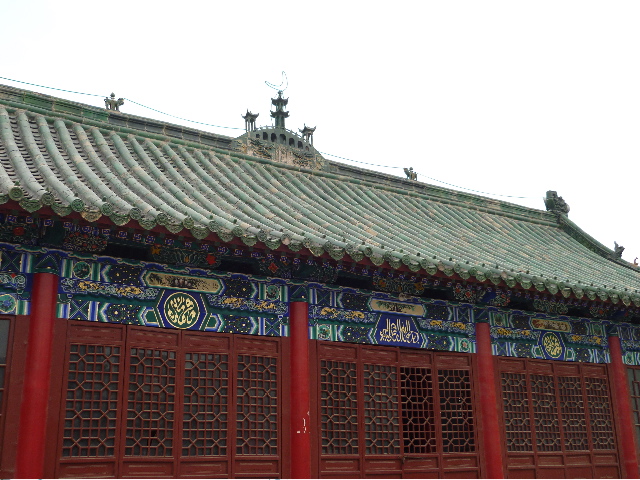
Talk about strange bedfellows! This week witnessed the surreal spectacle of US National Security Adviser John Bolton, the most bellicose neoconservative in the Trump administration, visiting Turkey to try to forestall an Ankara attack radical-left, anarchist-leaning Kurdish fighters that the Pentagon has been backing to fight ISIS in Syria. "We don't think the Turks ought to undertake military action that's not fully coordinated with and agreed to by the United States," Bolton told reporters. Refering to the Kurdish YPG militia, a Turkish presidential spokesman responded: "That a terror organization cannot be allied with the US is self-evident." Bolton left Turkey without meeting President Recep Tayyip Erdogan, who then publicly dissed the National Security Adviser's stance as a "serious mistake." YPG spokesman Nuri Mahmud, in turn, shot back: "Turkey, which has been a jihadist safe-haven and passage route to Syria since the beginning of the conflict, has plans to invade the region end destroy the democracy created by blood of sons and daughters of this people." (Photo: ANF)
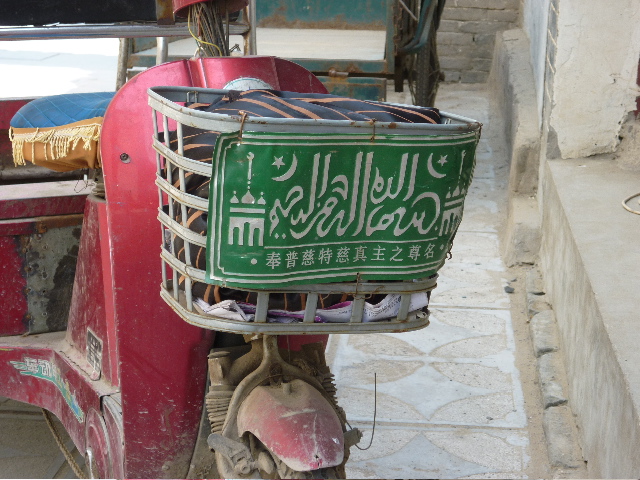
US officials say the timetable for Donald Trump's withdrawal of all 2,000 troops from Syria has been extended from 30 days to four months. The statements came a day after Trump met with his ally Sen. Lindsay Graham, a critic of the withdrawal order, who was apparently instrumental in getting the president to blink—amid the predictable irruption of blustering and face-saving tweets. This may apply some brakes to Turkish preparations to cross the border to expunge the revolutionary Kurdish forces in northern Syria's autonomous zone of Rojava. Residents of the Rojava town of Kobane, near the border, have launched a "human shield" encampment to block any incursion by Turkish forces. At the border village of Qeremox, the unarmed encampment was organized by Kobane's autonomous administration, and has been joined by international supporters. (Photo of Kobani women at the Qeremox encampment via ANF)
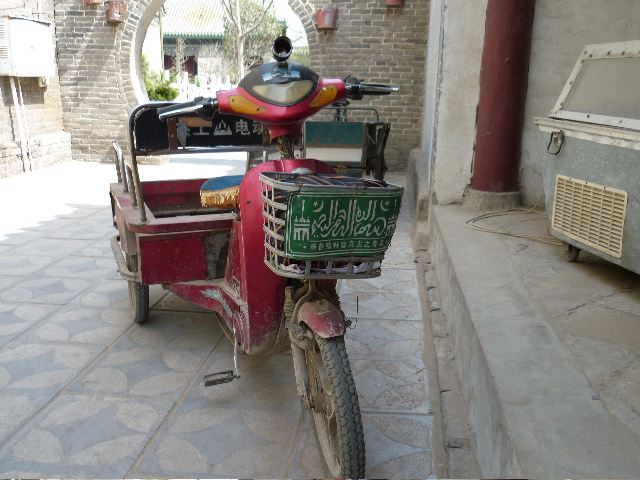
Following the announcement of a US withdrawal of its troops embedded with Kurdish forces in Syria, the Kurds are again making overtures for a separate peace with the Assad regime. Kurdish fighters of the People's Protection Units (YPG) are reported to have turned over the flashpoint town of Manbij to regime forces—marking the first time that the Assad regime's flag has flown over the northern town for more than six years. "The aim is to ward off a Turkish offensive," said Ilham Ahmed, an official of the Kurdish autonomous administration. "If the Turks' excuse is the [YPG], they will leave their posts to the government." However, a Kurdish deal with Assad could cement the split between the Syrian rebels and the YPG, and holds risk of opening an Arab-Kurdish ethnic war in northern Syria. (Photo via Kurdistan24)
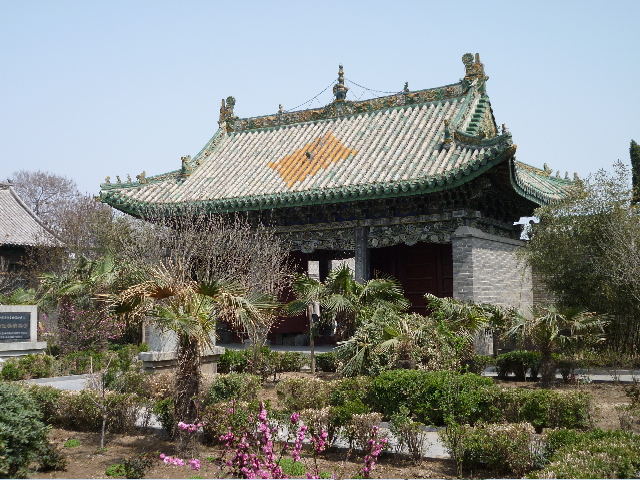
In Episode 23 of the CounterVortex podcast, Bill Weinberg notes the assassination of Raed Fares, a courageous voice of the civil resistance in besieged Idlib province, last remaining stronghold of the Syrian Revolution. The resistance in Idlib, which liberated the territory from the Bashar Assad regime in popular uprisings seven years ago, is now also resisting the jihadist forces in the province, expelling them from their self-governing towns and villages. Their hard-won zones of popular democracy face extermination if this last stronghold is invaded by Assad and his Russian backers. As Assad and Putin threaten Idlib, Trump's announced withdrawal of the 2,000 US troops embedded with Kurdish forces in Syria's northeast is a "green light" to Turkey to attack Rojava, the anarchist-inspired Kurdish autonomous zone. The two last zones of democratic self-rule in Syria are each now gravely threatened. Yet with Turkey posing as protector of Idlib, the Arab revolutionary forces there have been pitted against the Kurds. The Free Syrian Army and Rojava Kurds were briefly allied against ISIS and Assad alike four years ago, before they were played against each other by imperial intrigues. Can this alliance be rebuilt, in repudiation of the foreign powers now seeking to carve up Syria? Or will the US withdrawal merely spark an Arab-Kurdish ethnic war in northern Syria? Weinberg calls for activists in the West to repudiate the imperial divide-and-rule stratagems, and demand survival of liberated Idlib and Rojava alike. Listen on SoundCloud, and support our podcast via Patreon. (Photo: NYC Syria Peace Vigil Group)
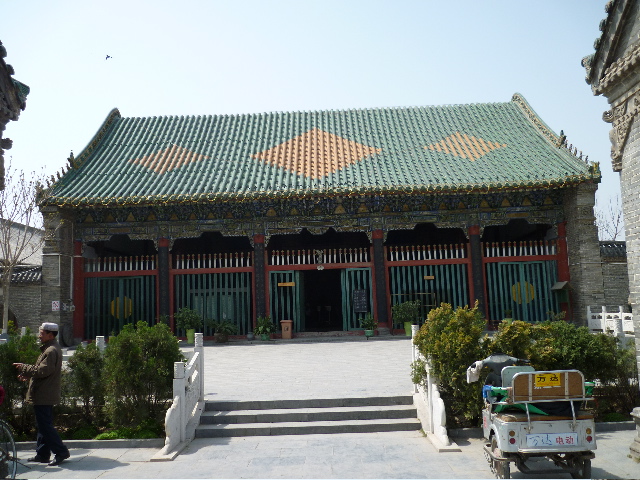
President Trump has ordered a rapid withdrawal of all 2,000 United States ground troops from Syria within 30 days. Hardly coincidentally, this comes just as the Kurdish-led Syrian Democratic Forces (SDF), the Pentagon's main partner on the ground, are on the brink of capturing the last town in Syria still under ISIS—Hajin, on the banks of the Euphrates River. Also not coincidentally, Turkish President Recep Tayyip Erdogan just days earlier warned of an imminent offensive against the People's Protection Units (YPG), the Kurdish militia that makes up the core of the SDF. Erdogan said that Turkey will launch an operation against the YPG "in a few days," adding that it is "time to realize our decision to wipe out terror groups east of the Euphrates." The Euphrates River has until now served as a border between Turkey's "buffer zone"in northern Syria and areas still under Kurdish control. Turkey is now preparing to cross it—with evident US connivance. (Image of SDF fighters via Rudaw)
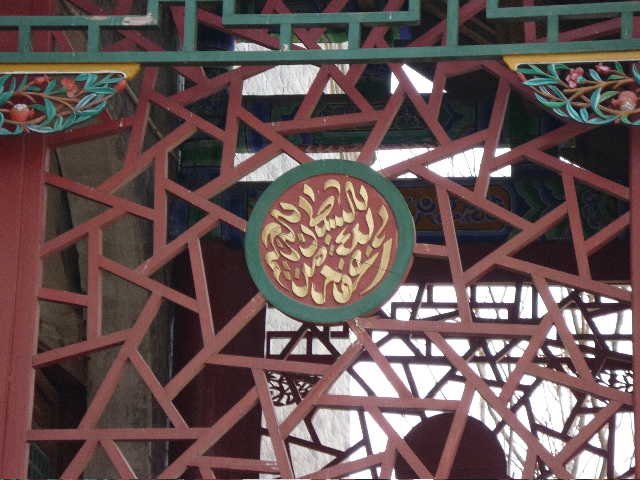
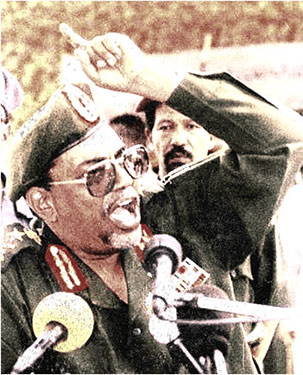 Seeking to legitimize his regime now that he's reconquered most of Syria (with massive Russian military help), Bashar Assad has just welcomed the first Arab League leader to Damascus since the war began in 2011—none other than President Omar Bashir of Sudan, who is wanted by the International Criminal Court for crimes against humanity and genocide in Darfur. The Assad regime's official news agency SANA said the two dictators discussed the "situations and crises faced by many Arab countries," stressing the need to build "new principles for inter-Arab relations based on the respect of the sovereignty of countries and non-interference in internal affairs." The Assad regime is itself now credibly accused of genocide, with a mass extermination of detainees amply documented, not to mention serial use of chemical weapons and massive bombardment of civilian populations. Assad and his generals may yet face war crimes charges before the ICC. (Photos: Pinterest, BashirWatch)
Seeking to legitimize his regime now that he's reconquered most of Syria (with massive Russian military help), Bashar Assad has just welcomed the first Arab League leader to Damascus since the war began in 2011—none other than President Omar Bashir of Sudan, who is wanted by the International Criminal Court for crimes against humanity and genocide in Darfur. The Assad regime's official news agency SANA said the two dictators discussed the "situations and crises faced by many Arab countries," stressing the need to build "new principles for inter-Arab relations based on the respect of the sovereignty of countries and non-interference in internal affairs." The Assad regime is itself now credibly accused of genocide, with a mass extermination of detainees amply documented, not to mention serial use of chemical weapons and massive bombardment of civilian populations. Assad and his generals may yet face war crimes charges before the ICC. (Photos: Pinterest, BashirWatch)
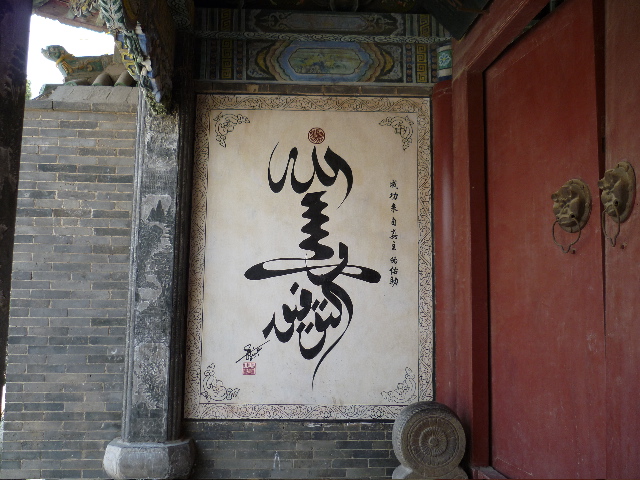
The UN Independent International Commission of Inquiry on the Syrian Arab Republic stressed the need for greater information and accountability to be provided to the families of missing persons and detainees. The report charges that the Syrian regime is still carrying out mass public arrests and detentions, many leading to torture and eventual death, while families are induced to pay bribes to learn the whereabouts of their loved ones. Many families did not learn of their relatives' whereabouts at all until May, when information was provided in bulk by the Interior Ministry. The Commission notes that even after this information was disclosed it was obfuscated, with causes of death being listed as "heart attack" or "stroke"—while many individuals died on the same day. The Commission infers that mass executions may have occurred in some of these facilities, many of them on military bases. (Photo of hunger strikers at Syrian prison via Foreign Policy. Credit: Louai Beshara/AFP/Getty Images)
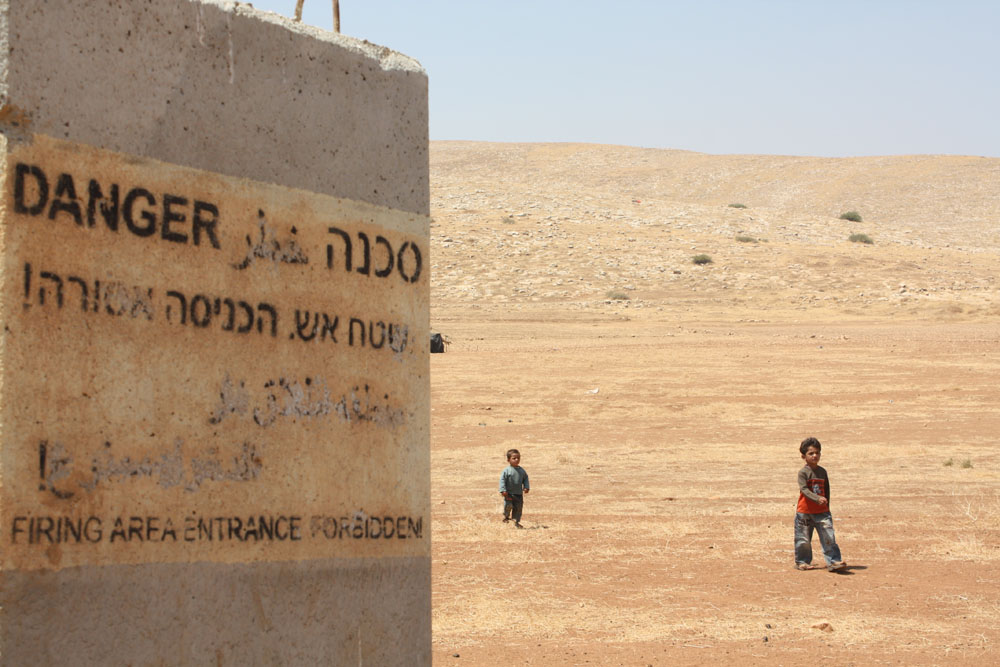
French prosecutors issued international arrest warrants for three prominent Syrian officials charged with collusion in crimes against humanity, in what human rights lawyers are calling a major victory in the pursuit of those believed responsible for mass torture, abuse and summary executions in the regime's detention facilities. The warrants name three leading security officials—including Ali Mamlouk, a former intelligence chief and senior adviser to President Bashar al-Assad, as well as head of the Air Force Intelligence security branch, Jamil Hassan. A third, Abdel Salam Mahmoud—an Air Force Intelligence officer who reportedly runs a detention facility at al-Mezzeh military base near Damascus—was also named. Hassan and Mamlouk are the most senior Syrian officials to receive an international arrest warrant throughout the course of the conflict. (Photo of hunger strikers at Syrian prison via Foreign Policy. Credit: Louai Beshara/AFP/Getty Images)